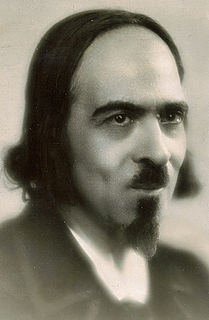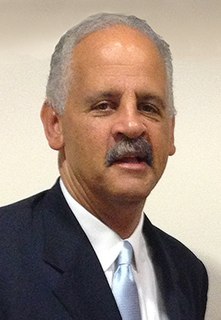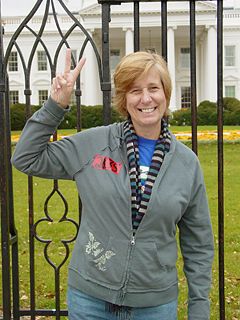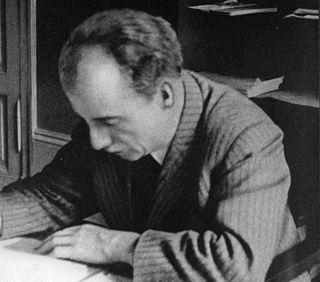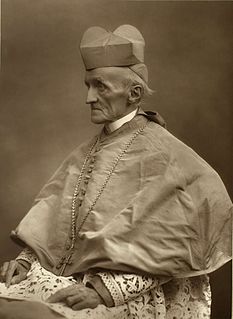A Quote by Rob Bell
The great German scholar Helmut Thielicke once said that a person who speaks to this hour’s need will always be skirting the edge of heresy, but only the person who risks those heresies can gain the truth.
Related Quotes
Al forms of consensus about ''great'' books and ''perennial'' problems, once stabilized, tend to deteriorate eventually into something philistine. The real life of the mind is always at the frontiers of ''what is already known.'' Those great books don't only need custodians and transmitters. To stay alive, they also need adversaries. The most interesting ideas are heresies.
There will always be One against All, one person against all others. [This is so] not because One is terribly wise and All are terribly foolish, but because the process of thinking and researching, which finally yields truth, can only be accomplished by an individual person. In its singularity or duality, one human being seeks and finds – not the truth (Lessing) –, but some truth.
There are always risks when you chase after a dream because growth requires that you leave your comfort zone and enter unknown territory. But without confronting those risks and facing your fears, you'll never, as Nike says, "Just do it." Now the truth is, you may fail in some of your efforts, but you will never succeed if you are not willing to risk failure. And even if you do fail, you can learn from the experience and try again. To do that, you will need courage, and you will also need to have faith in your ability to achieve your goals.
A self that is only differentiated - not integrated - may attain great individual accomplishments, but risks being mired in self-centered egotism. By the same token, a person who self is based exclusively on integration will be well connected and secure, but lack autonomous individuality. Only when a person invests equal amounts of psychic energy in these two processes and avoids both selfishness and conformity is the self likely to reflect complexity.
But the appeal to antiquity is both a treason and a heresy. It is a treason because it rejects the Divine voice of the Church at this hour, and a heresy because it denies that voice to be Divine. How can we know what antiquity was except through the Church? ... I may say in strict truth that the Church has no antiquity. It rests upon its own supernatural and perpetual consciousness. ... The only Divine evidence to us of what was primitive is the witness and voice of the Church at this hour.



